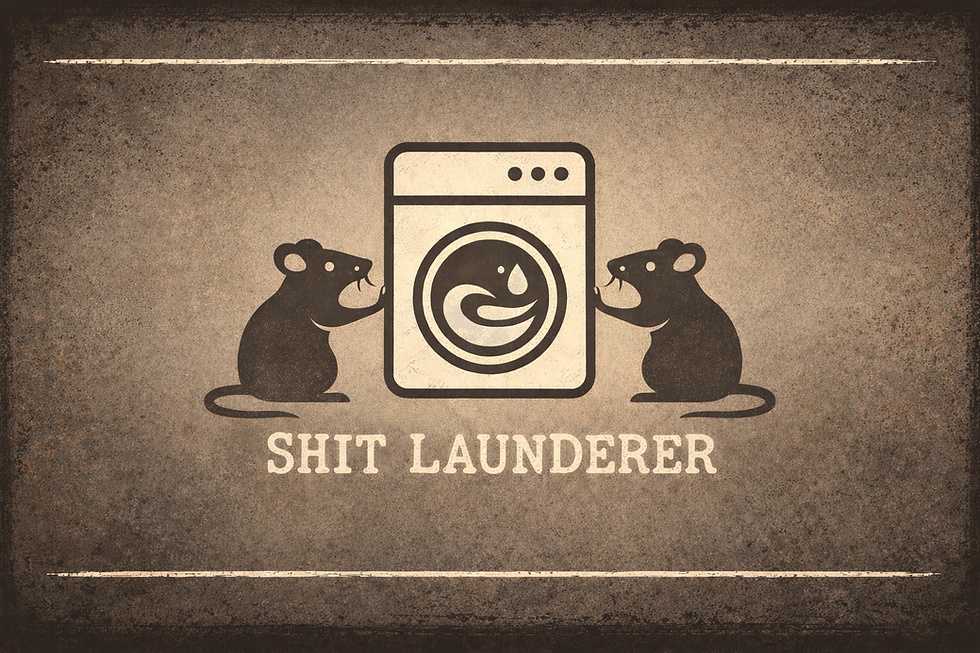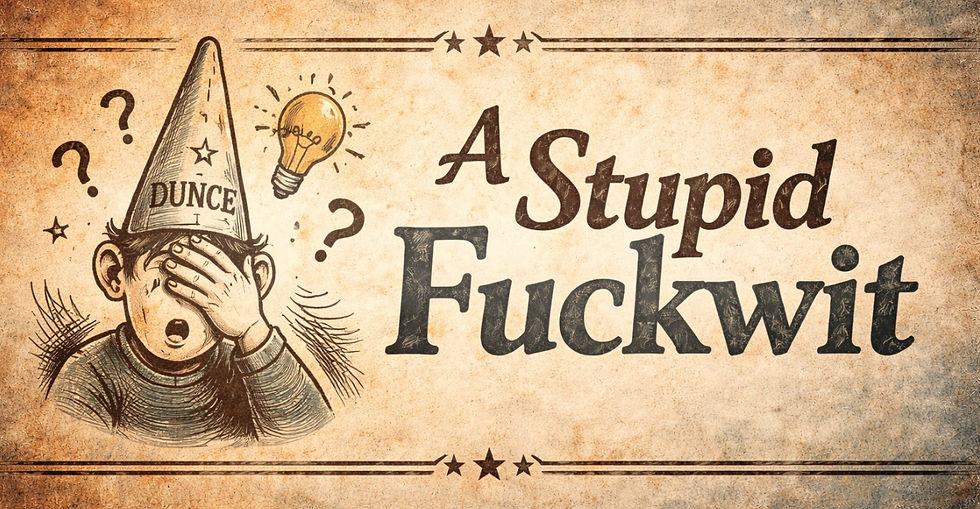Putin’s Moscow Offer Is More Narrative Building Ammo for Himself, Trump, and the Enemies of Ukraine
- john raymond
- Sep 3, 2025
- 2 min read

President Putin’s latest declaration that he is willing to meet President Zelenskyy in Moscow must not be mistaken for diplomacy. It is theater, staged precisely to generate a rejection. That rejection, in turn, becomes narrative ammunition — not only for Putin, but for President Trump and every Kremlin-aligned voice that seeks to portray Ukraine as the obstacle to peace.
The Offer as Bait
On September 3, 2025, Putin announced he would gladly host Zelenskyy in Moscow “if common sense prevails.” But the condition itself was the trap. No serious analyst could expect Ukraine’s leader to walk into the Kremlin, effectively legitimizing Russia’s invasion and ceding control of the venue, the optics, and the narrative. The offer was constructed to be refused. Its political utility lies not in acceptance, but in the propaganda value of rejection.
Regime Security and Propaganda Dynamics
From the perspective of regime security — the first pillar of understanding autocratic behavior — Putin needs constant evidence that he, not Kyiv, holds the initiative. By proposing talks on home turf, he casts himself as the magnanimous statesman while ensuring Ukraine cannot say yes. When Zelenskyy declines, Putin declares: “See, they are not serious about peace.” This fuels both domestic Russian messaging and Western cynicism.
Trump and his media apparatus can now parrot the line. They can now frame Ukraine as intransigent, obscuring the fact that the venue and conditions make genuine negotiation impossible. This is the Byzantine Traitor-General dynamic: what looks like an opening is, in fact, betrayal disguised as diplomacy.
The Asymmetric Utility of a Transparent Sham
Pillar Two — Asymmetric Warfare — reveals why this otherwise ridiculous maneuver works. Putin does not need the West to believe him entirely; he only needs to seed doubt. In democratic societies where attention spans are short and understanding shallow, even an unserious offer can muddy the waters.
The Kremlin’s aim is to shift the burden of intransigence onto Kyiv. Trump, if and when he echoes these points, acts as an amplifier, furthering Putin’s asymmetric campaign by reinforcing the “Ukraine doesn’t want peace” talking point.
The Broader Strategic Implication
The point is not to reach peace but to weaponize the concept of peace itself. In Putin’s calculus, the offer’s rejection was always the deliverable. He can now appeal to the “reasonable center” in the West that prefers the illusion of compromise to the hard truth of resistance. Trump and his acolytes, always eager to undercut Ukraine, can now wield this rejection as proof that only Moscow is serious about ending the war.
That the proposal is transparently absurd does not matter. What matters is how many people — politicians, pundits, and voters — are stupid enough, lazy enough, or cynical enough to take the bait.
A Sad Conclusion
Putin’s Moscow offer is not about ending the war. It was about controlling the narrative, setting a rhetorical trap, and then exploiting the inevitable rejection. President Trump and other Kremlin fellow-travelers can now seize upon this exchange to undermine Ukraine.
The tragedy is not that the offer was made, but that so many in the West remain willing to be fooled by such obvious manipulations.
As such, the real danger is not Putin’s cunning, but our persistent stupidity in the face of it.
Slava Ukraini🇺🇦 #BelieveWomen "Trump is Putin's puppet." Author Web: https://tinyurl.com/JRRaymond How Trump…bsky.app






Comments